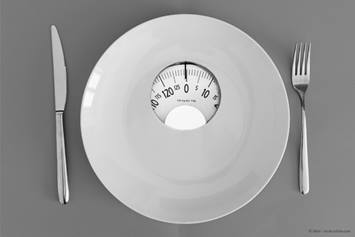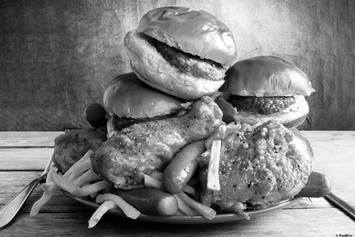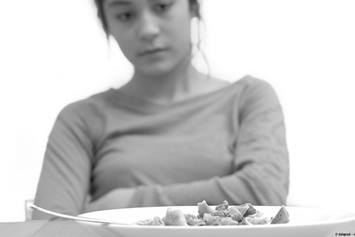
Eating Disorders: Awareness is the First Step
As the medical director of Nationwide Children’s Hospital’s Eating Disorders Program, I am a passionate advocate, but I must be honest – I was skeptical when asked to write about National Eating Disorders Awareness Week.
Blog Posts

Eating Disorder Myths
Eating disorders, which include anorexia nervosa, bulimia nervosa, binge eating disorder, avoidant restrictive food intake disorder, and other specified feeding and eating disorder, are very serious conditions that have the second highest mortality rate of any psychiatric illness.

Eating Disorders in Adolescent Boys
Reports of eating disorders in males dates back as far as reports of female patients with eating disorders, and in the United States alone, eating disorders will affect 6.6 million males at some point in their lives.

The Warning Signs of Eating Disorders
Eating disorders look differently in every patient, which can make early detection tricky; however, there are some themes that unite youth with eating disorders that I would like to share.

ARFID: The Other Eating Disorder
It is a type of eating disorder characterized by selective eating, sensitivity to textures, disinterest in food, strong fear of unpleasant consequences or a combination of these.

Binge Eating Disorder: Not Just Overeating
Binge eating, binge watching Netflix, binge drinking, binge shopping. There are many uses in our culture for the word “binge.” But what does it really mean? By definition, binge means indulging in an activity to excess. One activity people often associate with the word binge is eating.

Food Language and Body Image
Labeling food as “good vs. bad,” “healthy,” or “clean” can lead to abnormal behaviors associated with an eating disorder. When talking about food or eating with a child, conversation should be around the positive aspects of the food.

Anorexia Nervosa: Parents as Part of the Treatment Team
What is Anorexia Nervosa? Anorexia Nervosa (anorexia or AN) is a biologically-based disorder that involves restricting one’s food intake, leading to significantly low body weight. Anorexia is accompanied by an intense fear of gaining weight and a distorted perception of one’s body.
Join Our Community
Stay up-to-date with the information you need for your child by subscribing to our free Health e-Hints e-newsletter.


